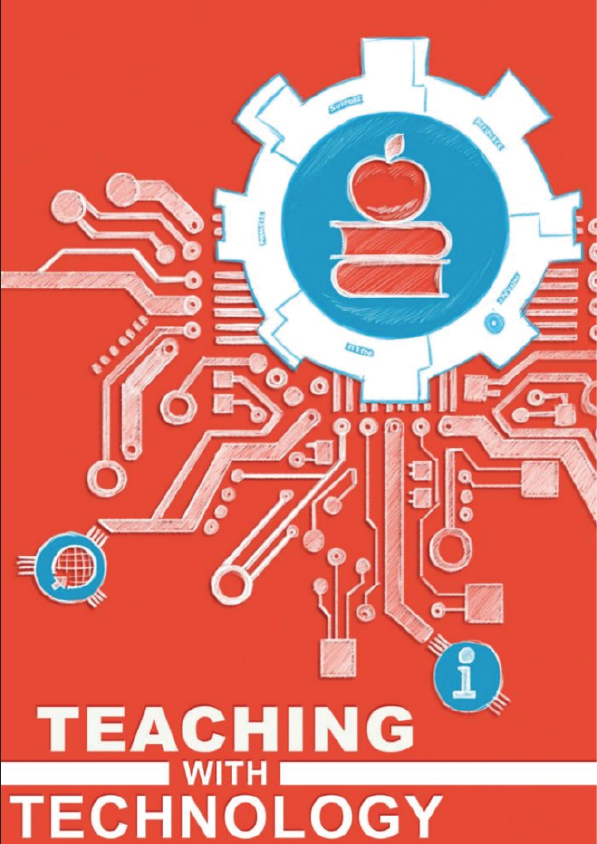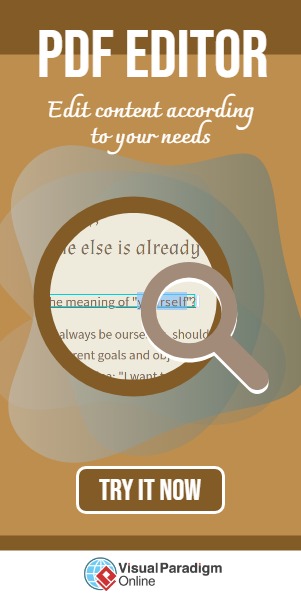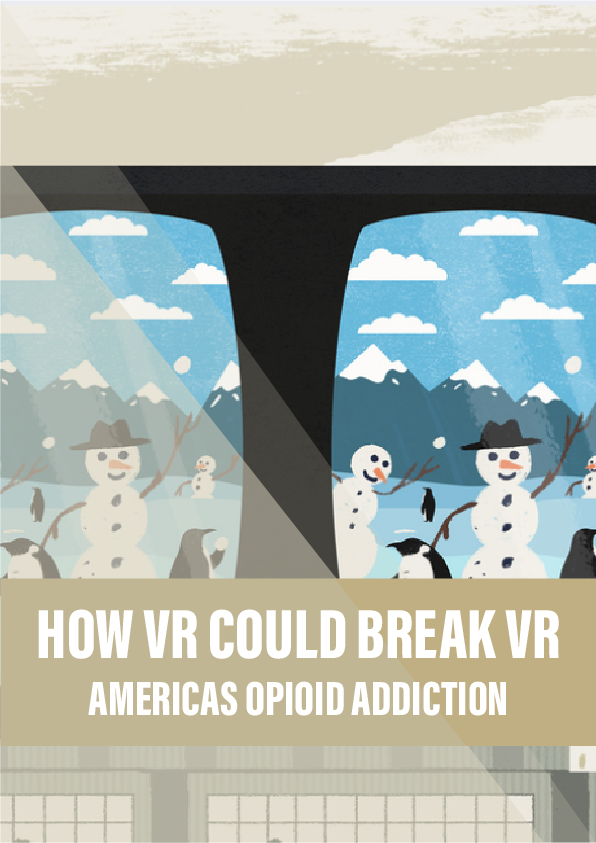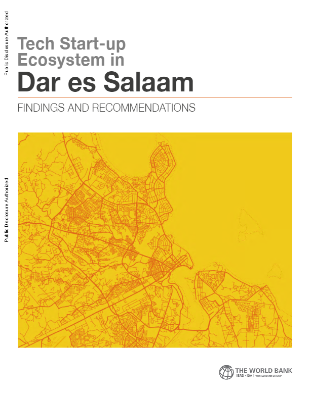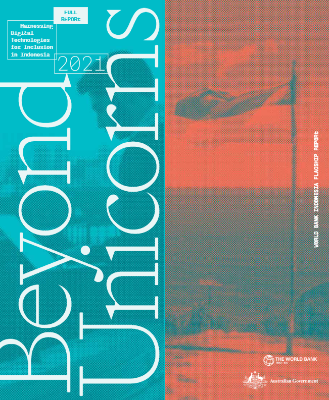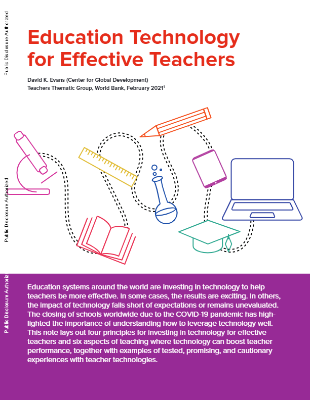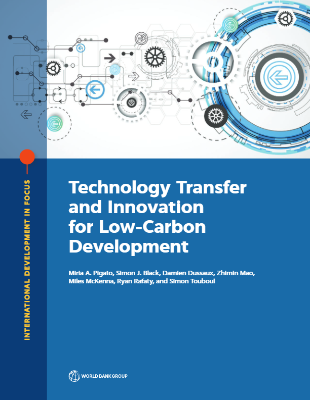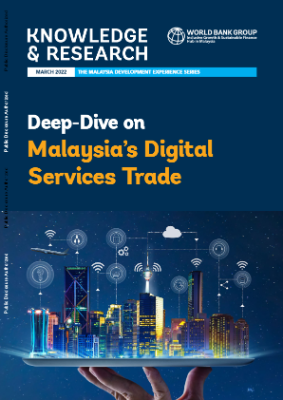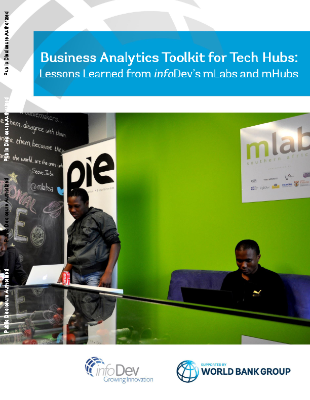James Cook University is committed to building strong and mutually beneficial partnerships that work towards closing the employment, health and education gap for Australian Aboriginal and Torres Strait Islander peoples. Our students come from many backgrounds, promoting a rich cultural and experiential diversity on campus. We acknowledge the Aboriginal and Torres Strait Islander peoples as the Traditional Custodians of the Australian lands and waters where our staff and students live, learn and work. We honour the unique cultural and spiritual relationship to the land, waters and seas of First Australian peoples and their continuing and rich contribution to James Cook University and Australian society. We also pay respect to ancestors and Elders past, present and future.
Learners are increasingly identifying with a networked, connected society that privileges interactivity as a learning strategy, and acknowledges new media literacies as indigenous modes of expression. Traditional pedagogical principles are still valued, but this new context offers unique opportunities to consider new approaches. Technology offers solutions to a diverse set of instructional challenges, and instructors choose to augment courses with learning technologies for a number of reasons. Some examples include large lecture courses managing hundreds of students or dozens of topics; introductory courses providing access to significant amounts of basic materials throughout the semester; courses that shift in-class quizzes to an online format allowing for more class discussion time; or courses and programs using the Internet to reach a nonresident, national, or international audience.
The following videos discuss how teaching online positively impacts both the teaching and learning experience and what challenges to expect.
Educators want to better manage time and resources, provide engaging learning opportunities to students outside of class, and/or want to offer a course to a nontraditional or off-campus audience. Although there are many themes and recommendations in common, you will find specific strategies through this guide to prepare for a variety of challenges that each unique set of circumstances may present.
It is important that you have an understanding of the overarching legislative environment that higher education institutions in Australia (such as JCU) need to comply with, as well as the JCU policy environment. These influence the way courses are structured, designed and delivered, and the information (e.g., subject outline; course handbook) that is mandatory for each subject and course.
In Australia, there are several quality and legislative frameworks in higher education that exist to ensure the quality and reputation of the higher education sector. All Australian higher education providers need to be accredited by the Tertiary Education Quality Standards Agency (TEQSA). JCU is authorised under the Tertiary Education Quality and Standards Agency (TEQSA) Act (2011), to self-accredit each course of study that leads to a higher education qualification that it offers or confers. A course of study that is self-accredited may also be ‘accredited’ by a professional body for different and separate purposes.
JCU has developed a suite of policies and procedures that contribute to meeting the requirements of these quality and legislative frameworks. The JCU Learning and Teaching Policy Library is a useful resource. You should ensure that you keep updated about the policy suite and any updates that occur from time to time.
One of the primary policies that you will refer to in your everyday role will be the JCU Learning, Teaching and Assessment Policy and the associated Procedures. The Learning, Teaching and Assessment (LTA) Policy underpins JCU’s approach to excellence by assuring the quality of learning, teaching and assessment so that students have every opportunity to achieve academic success. The LTA Procedures specify how the policy must be enacted. The LTA Policy is driven by four principles related to students, the curriculum, assessment, and teaching.
